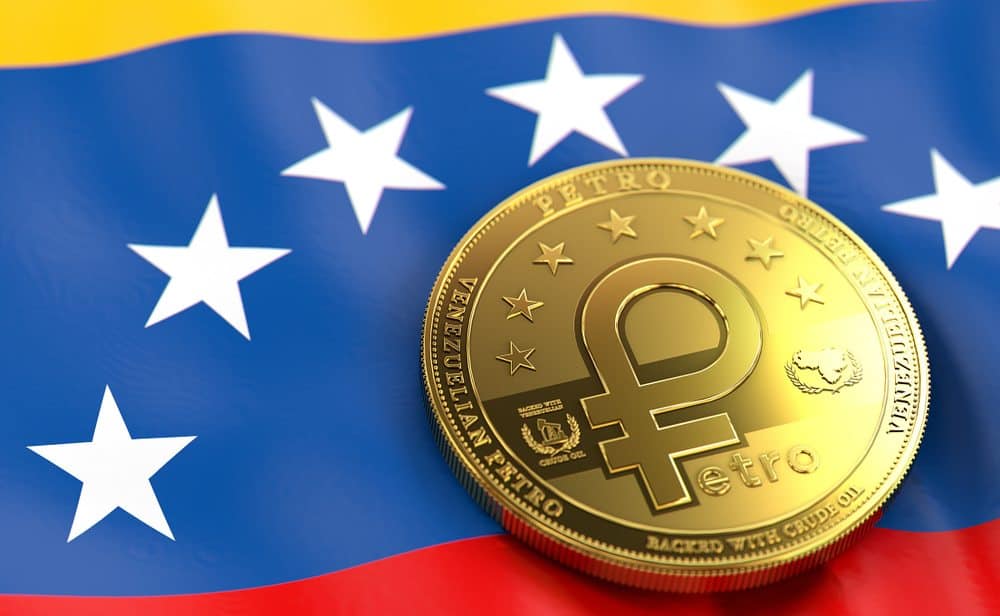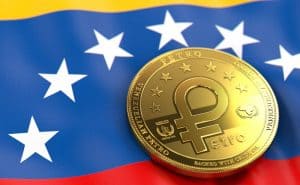Join Our Telegram channel to stay up to date on breaking news coverage
These days, cryptocurrencies have continued to show that they can aid people in economically-distressed countries. One of the first countries where the world saw this happen was Venezuela. To this day, cryptocurrencies continue to help the country.
More Use Cases for Cryptocurrencies
Last week, blockchain forensics firm Chainalysis published a report explaining that Venezuelans have become more accepting of cryptocurrencies, thanks in no small part to the country’s economic crisis.
As the report explained, Venezuela’s economic crisis provided a perfect testing ground for cryptocurrencies’ key risk factors and value propositions. These assets have served as a store of value amid a sharp fiat currency devaluation. They’ve also helped citizens bypass Washington-imposed economic sanctions by providing a means for seamless cross-border transactions.
Today, the country has one of the world’s highest crypto adoption rates — Chainalysis rated it at 0.8 on a scale of 0 to 1. Bitcoin trading has been on the rise as well, with Venezuela placing third amongst countries by trading volumes — only behind Russia and the United States. On the firm’s Global Crypto Adoption Index, Venezuela places third overall.
The adoption level has also grown due to the government’s adoption of Petro — a stablecoin backed by the country’s oil reserves. Launched in 2017, Petro was a project that president Nicolas Maduro hoped would strengthen the economy and evade economic sanctions from the international community.
On the surface, Petro looked like a solid idea. However, implementation was significantly flawed, and the asset was dead in the water for about 18 months. Nonetheless, Maduro, through sheer force of will, bolstered its adoption last year. He mandated that the country’s Central Bank accept the asset for deposits, and soon enough, adoption was on the rise.
Since then, Petro has seen acceptance from Traki, the country’s largest chain of department stores. It has also remained a fixture in government programs. Maduro ordered that the asset be used to bankroll the Great Housing Mission — Venezuela’s social housing project. In November, he also announced that he would be airdropping 0.5 units of the asset to public workers, per reports.
Crypto and Aid for Distressed Economies
Initiatives like these have bolstered the adoption of Petro in Venezuela. They’ve also done the same for cryptocurrencies in general. There’s a significant probability that Petro will remain a fixture in the government’s plans. If this happens, Venezuelans will see much more of it, and crypto adoption, in general, should rise too.
Venezuela isn’t the only country that is dealing with a crypto renaissance because of deepening economic troubles. Argentina, another Latin American country, has witnessed more of its citizens turn to cryptocurrencies as its economy takes one knock after another.
Towards the end of last year, a new administration announced a policy to restrict the amount of dollars that citizens hold from $10,000 to $200 per month. With the country’s currency still losing its value, many turned to Bitcoin to hedge.
The crypto craze has continued to this year. Last week, Paxful surveyed 1,113 people and reported that 73 percent would rather hedge with cryptocurrencies as their economy takes more hits.
Join Our Telegram channel to stay up to date on breaking news coverage


